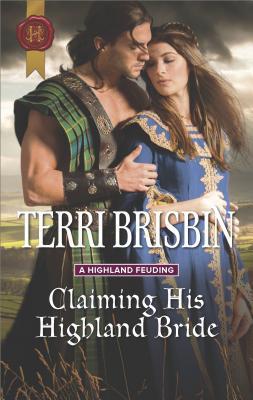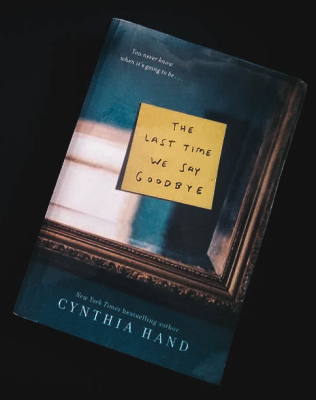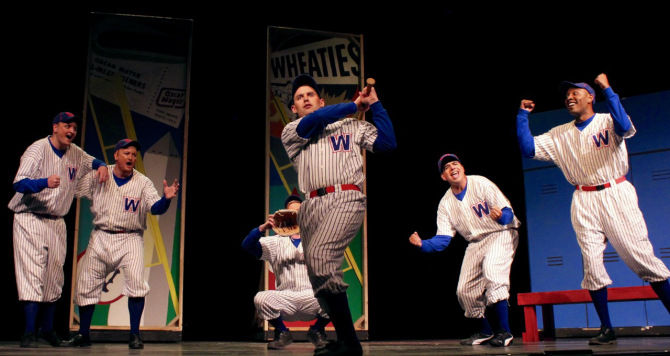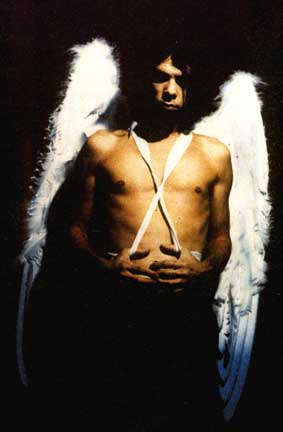
This book regularly mentions the huge size difference between hero and heroine. Uh, cover folks…??
After discovering her role in her father’s plot to destroy another clan, Sorcha MacMillan risks her life to go into hiding. Her safety relies on her disguise, but she is drawn to a man who could see through her…
Unknown to Sorcha, Alan Cameron has been sent to track her down. He’s attracted to the woman in disguise. Even after learning her true identity, he can’t overcome his instinct to protect her. No matter the danger, he will keep Sorcha safe…and claim her as his bride!
Claiming His Highland Bride (A Highland Feuding #4) by Terri Brisbin
I binge-read a huge chunk of Terri Brisbin’s backlist last year, and really enjoyed the escapism of these Highland stories set in the Middle Ages. Brisbin is a favourite “guilty pleasure” author. She uses all the tropes that hook readers, and uses a time and place that allows for “larger than life” stories.
Claiming His Highland Bride continues on with some of the characters from past books, but I have to admit that I was having a bit of trouble keeping them all straight in my mind. We do spend a lot of time with a lot of people who aren’t the book’s hero or heroine.
Brisbin uses a lot of appealing tropes for people who want pure escapism, and this book is no different. The young runaway noblewoman, fleeing an abusive future. The secret identity. The hunter who turns out to be hunting HER.
These Brisbin books have some similarities between them, and one I seem to mention in every review is the heroine who trips and stumbles all the time. I admit: I really don’t like this. This book’s leading lady had four scenes where she stumbled for no reason whatsoever and had to be held upright by someone (usually the hero), as well as what I saw as a totally unnecessary fainting scene, and a hopelessness with directions that means she gets lost in the village every single day. She also cries quite a bit, which is understandable, but still added to her weak damsel persona and made her a little bit annoying.
I do usually cut 14th century(ish) heroines a bit of slack (more than heroines in other eras), but I have to admit to finding the heroine’s uselessness a bit too much in this book.
One thing I appreciate – but am surprised the publishers let the author get away with as often as she does – is that the books don’t shy away from some of the realities of the era. E.g. the endless pregnancies, and the bad things that can happen in relation to them.
I don’t know… This has all the tropes that make Brisbin’s books so much fun, but it’s far from my favourite from her. I like that the author doesn’t go crazy with the Girl Power clichés, but being incapable of walking without falling, or of following directions the toddlers of the story understand are troubling, not endearing, as far as I’m concerned.
Review copy provided by NetGalley.
Advertisements Share this:




